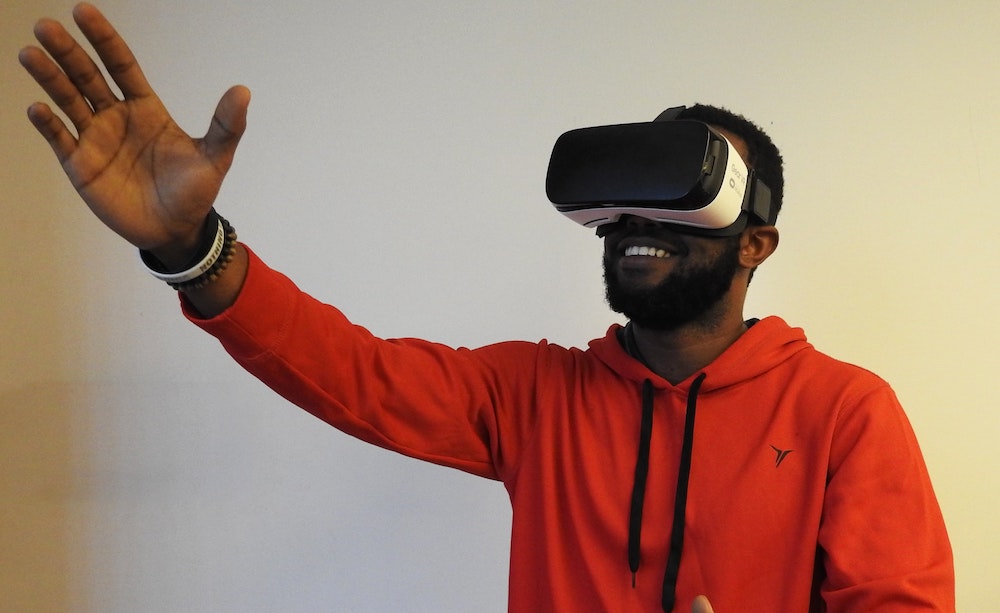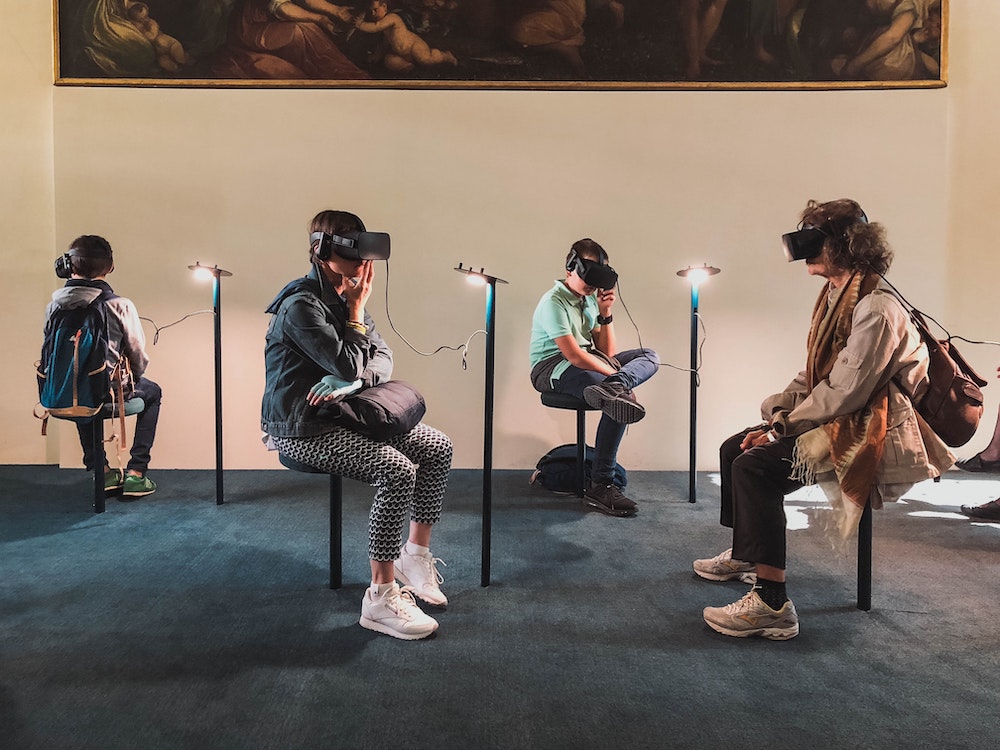How To Become A Virtual Reality Coach
How to become a virtual reality coach starts with being an expert in a field and then learning the technological aspect.
This article is more than 2 years old

Virtual reality has been around for some time now. To many, it is used to play games, using a sophisticated headset to make it seem like whoever is playing is actually inside the game. But as virtual reality continues to evolve and become more popular, a new industry is also beginning to evolve and it is one that combines one of the older professions – coaching – with virtual reality, so keep reading if you want to know how to become a virtual reality coach.
VIRTUAL REALITY IS BECOMING A NEW ENVIRONMENT FOR LEARNING

If one is wondering how to become a virtual reality coach and join this growing industry, one must first understand what virtual reality is. A simple definition finds “virtual” meaning near while the reality is what we, as human beings, experience. So, near-reality would be a great way to describe virtual reality.
Everything that a person knows about reality comes from our senses. This means the combination of all of our senses gives us our entire experiences in reality. So, with that in mind, it would stand to reason that if one’s senses were presented with information that was of made-up information, the body’s response to this made-up information would need to change.
The information isn’t real but having it presented as reality would cause the body to make believe that it was. Now the body is dealing with virtual reality and when computers are brought into the picture, the body’s senses are being presented with computer-generated virtual environments that can be explored in various ways.
With virtual reality environments, we are talking about three-dimensional, computer-generated environments that a person can interact with by using a virtual reality headset. The person becomes part of the 3D world and has the ability to perform actions and even manipulate objects within that world. Now that we have a better understanding of what virtual reality encompasses, let’s see if we can figure out how to become a virtual reality coach.
HOW TO BECOME A VIRTUAL REALITY COACH STARTS WITH BEING AN EXPERT IN A FIELD

The first thing one needs to do to become a virtual reality coach is like any other coach: be a master in a specific field. These specific fields can run the gamut in terms of specialties (which we will go over in a bit). But on top of being a master in your field of expertise, one must also understand how virtual reality works.
What do people experience when they first put on a headset? Once the headset is on, how can you best use the technology to better coach a person, and will you be able to use this new technology to your advantage? It is essential to be able to answer these questions to become a virtual reality coach.
One other thing in how to become a virtual reality coach is having great people skills. Being able to interact with people is a huge part of being a coach, especially for those who might be new to the whole virtual reality experience. Patience and understanding will be key and being able to walk people through possible fears and adjustments are important in how one becomes a virtual reality coach.
It’s particularly important to understand the personal dynamics in the virtual reality realm, so having some experience there is key in how to become a virtual reality coach.
VIRTUAL REALITY COACHES INCLUDE THE LIFE, CAREER, AND RELATIONSHIP FIELDS
When one is considering how to become a virtual reality coach, one must decide which field they are going to enter. Virtual reality training is beginning to touch on many areas of expertise, including soft skills training and the many technical areas offered. Virtual reality training has been shown to have numerous benefits.
The following is a list of the more common coaching positions:
- Life Coaches – This type of coach will help with one’s overall well-being. They can help with setting up personal goals and can also help people overcome their challenges. Virtual reality helps life coaches and their clients develop a much better rapport than if they were simply talking on the phone.
- Career Coaches – These coaches help clients navigate the sometimes-rough waters of professional life. They help clients find jobs and not just any ordinary job, but one that truly speaks to their skillset. A career coach can help clients with their negotiating skills so they can get that well-deserved salary bump.
- Relationship Coaches – When one is considering how to become a virtual reality coach, relationship coaching is probably one of the furthest positions being thought of. Many coaches find that virtual reality offers a better way to understand their clients’ communication styles as well as their unique personality traits.
- Health and Fitness Coaches – This is an easy one. Slap on a headset and get your exercise on. Many coaches are leaning into the virtual reality realm to reach more and more clients.
- Executive Coaches – Here virtual reality coaches can help leaders develop the skills necessary to become successful executives. Instead of bringing the coach into the workplace, a simple virtual reality setup can be just as effective.
- Athletic Coaches – Think about it. Many virtual reality games teach hand-eye coordination. An athletic coach with the ability to reach out to athletes using virtual reality is almost like being there. Many coaches are taking advantage of this.
- Musical Coaches – Again, if one can’t be there in person, they may as well opt for the next best thing. Demonstrations are made much easier with virtual reality as it puts the student right where they need to be, making learning that much easier.
THIS STYLE CAN HAPPEN ANYWHERE AND IS COST-EFFECTIVE
There are many reasons to choose this medium as a means of coaching. The first is that a person can be just about anywhere to coach. Their presence isn’t needed in a boardroom or on a football field or in a gym; a virtual reality coach can accomplish these things from “virtually” anywhere.
Coaching within this environment also offers comfort. By that we mean if a client needs practice speaking in front of an audience, they can do so virtually without worrying about live feedback until they feel comfortable in front of a group. The coach can give the necessary feedback.
One last important reason for choosing to become a virtual coach is that it can be very cost-effective. Again, it may cost more to bring a coach out for a live presentation than just queuing them up virtually. Saving money is always a good thing.
The future is now. Virtual reality is being used in many fields and only continues to grow in popularity. It isn’t difficult to learn how to become a virtual reality coach, simply have the professional know-how, a desire to coach, and some working knowledge of virtual reality.




